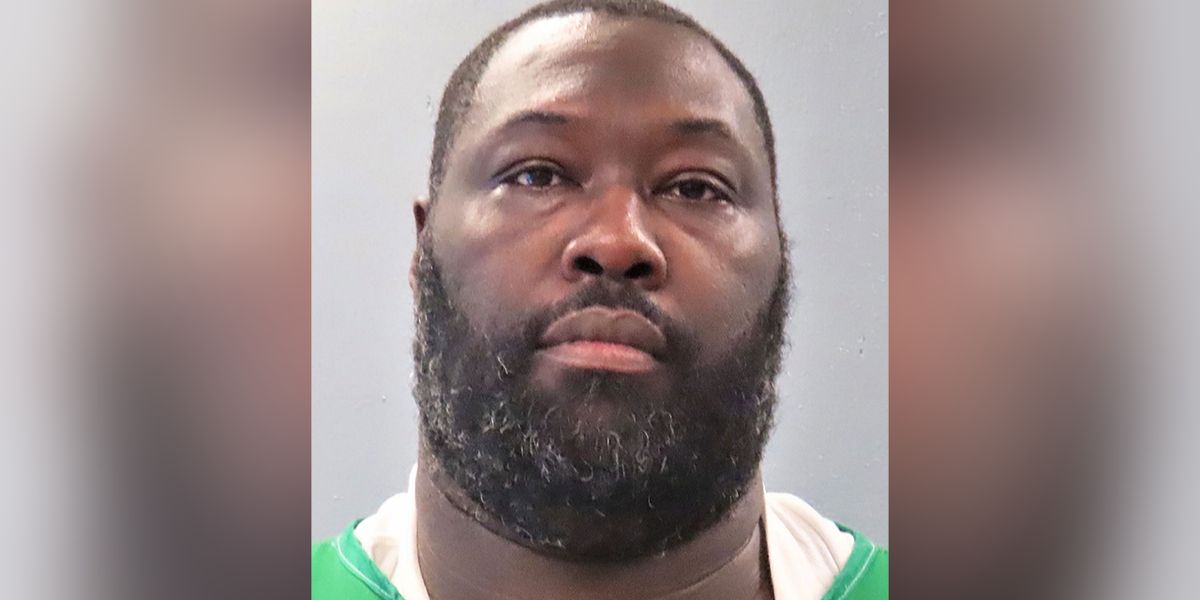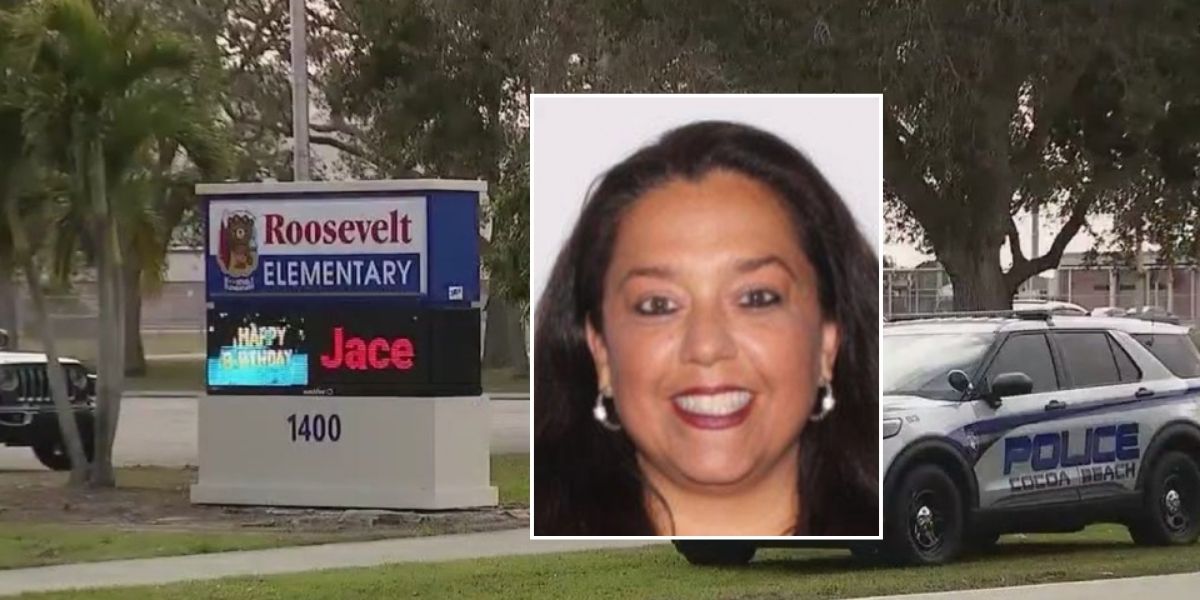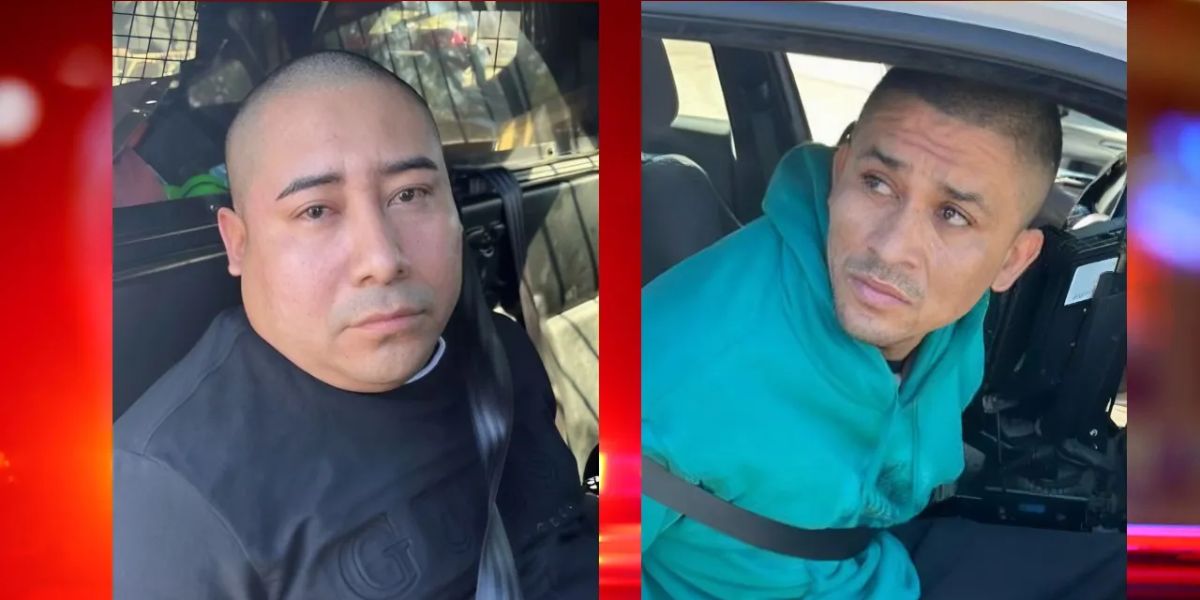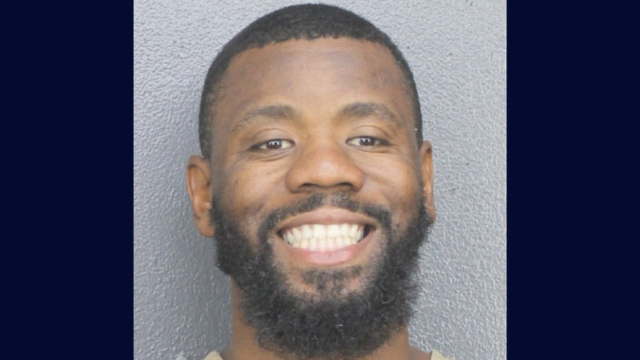As the state works through a backlog of inmates who have exhausted their appeals after the state was unable to procure lethal injection chemicals, the state of South Carolina executed an inmate on Friday for the third time in four months.
For his murder conviction in the shooting death of his companion, 21-year-old Kandee Martin, whose charred body was discovered in the car’s trunk in 2001, Marion Bowman Jr., 44, was put to death by lethal injection at 6:27 p.m.
Since his imprisonment, Bowman has insisted on his innocence. At the start of his last statement, he declared, “I did not kill Kandee Martin.”
His attorneys questioned his conviction, pointing out that it was based on the testimony of other acquaintances and family members who were offered plea deals with the prosecution.
Bowman gazed at his lawyer across the glass in the witness room for a while when the curtain to the death chamber opened, then he closed his eyes and looked up at the ceiling, reopened them once or twice as he did so.
Bowman puffed his lips as he exhaled, his breathing heavy after his lawyer had completed reading his poem and final remark. His breathing stopped less than a minute later. After twenty minutes, a stethoscope-wielding doctor listened to his chest and patted him on the neck when she was done.
Bowman’s closing remarks were that although death row inmates may be considered the worst of the worst, they have all evolved and matured from the person “they were when they had their moment that cost them everything.”
“I know that Kandee’s family is in pain, they are justifiably angry,” Bowman stated. “If my death brings them some relief and ability to focus on the good times and funny stories, then I guess it will have served a purpose. I hope they find peace.”
Bowman’s last dinner consisted of fried fish, oysters, and shrimp, as well as chicken wings and tenders, onion rings, banana pudding, German chocolate cake, pineapple juice, and cranberry juice.
Bowman was given a life sentence in exchange for a plea bargain, but he refused and proceeded to trial.
This was the third execution in South Carolina since the state, which was formerly among the busiest for executions, overturned a 13-year moratorium on the death penalty in September.
Part of the reason for the suspension was that pharmaceutical companies were worried about having to reveal that they had supplied lethal injection medications to state authorities, which made it harder for the state to get them after their supply ran out.
A shield law was subsequently established by the state legislature, enabling officials to maintain the confidentiality of lethal injection drug suppliers.
The Texas Supreme Court gave the go-ahead to resume executions in July. Both individuals chose to die by lethal injection; Richard Moore was executed on November 1 and Freddie Owens was executed on September 20.
Following 25 executions in the United States last year, this was the first one this year. Until the last three prisoners who have exhausted their appeals are executed, the court will permit an execution every five weeks.
Since the capital penalty was reinstated in the United States in 1976, South Carolina has carried out 46 executions of prisoners. The state was executing three people year on average in the early 2000s. Inmates have been slain in just nine states.
Despite Bowman’s failure to request clemency from Republican Governor Henry McMaster, the governor’s office issued a letter rejecting pardon, stating that he had received informal petitions and requests to save Bowman’s life.
In the contemporary age of the death penalty, no governor in the state has ever commuted a death sentence to life in prison without the possibility of parole.
Doctor from New York Faces Indictment for Providing Abortion Pill in Louisiana
According to Lindsey Vann, Bowman’s attorney, his client did not want to serve any more decades behind bars for a crime he did not commit. He had previously been on death row for over half of his life.
“After more than two decades of battling a broken system that has failed him at every turn, Marion’s decision is a powerful refusal to legitimize an unjust process that has already stolen so much of his life,” Vann stated.
In 2002, Bowman was found guilty in Dorchester County in relation to Martin’s killing the previous year. In exchange for plea agreements with prosecutors, a number of his acquaintances and family members testified against him.
A buddy testified that Bowman thought Martin was carrying a recording device to have him jailed, while another acquaintance said that Bowman was angry because Martin owed him money.
Bowman said that he did not kill Martin, a longtime friend, but that he sold drugs to her and that occasionally she paid him with sex.
Bowman’s trial lawyer was unprepared and showed too much compassion for the white victim rather than Bowman, who is Black, according to the last appeal from his present attorneys. The argument was dismissed by the Supreme Court of South Carolina.
Bowman’s weight also caused his attorneys to express worries about his execution. Because it can be challenging to correctly insert an IV into a blood vessel and determine the dose of the drugs needed in people with obesity, an anesthesiologist expressed concern that South Carolina’s secret lethal injection protocols did not account for Bowman’s weight, which was listed as 389 pounds in prison records.
The fact that the medication used to kill Moore in November required two hefty dosages spaced more than eleven minutes apart worried his attorneys.
According to an anesthesiologist who reviewed Moore’s postmortem records, the evidence of fluid in his lungs led to the conclusion that Moore “consciously experienced feelings of drowning and suffocation during the 23 minutes that it took to bring about his death.”




